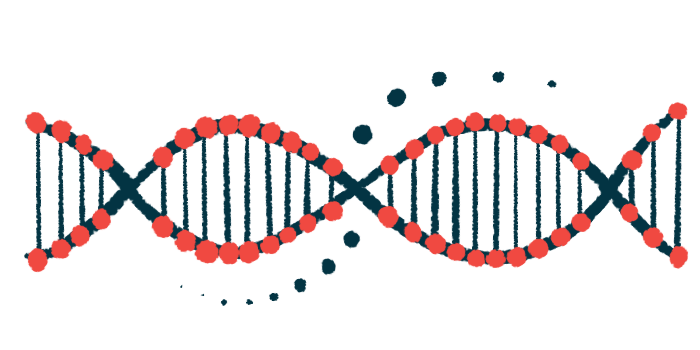Diagnostic algorithm helps detect AADC deficiency in German study
Tool using exome sequencing provided diagnoses for many rare disease patients
Written by |

A novel diagnostic algorithm used in a pilot study in Germany was able to provide diagnoses for hundreds of rare disease patients in the country, including one with AADC deficiency, over a three-year period, according to a new report.
The algorithm incorporates exome sequencing — a type of genetic analysis that determines the exact sequence of all the protein-coding genes in a person’s genome, which is the body’s complete set of genetic information.
Based on the findings from that study, which ran from 2018 to 2020, all patients with suspected rare diseases referred to centers specializing in such conditions in Germany are now offered exome sequencing as a part of standard care.
The researchers noted that the use of a diagnostic algorithm such as this one may help to speed diagnoses for people with rare diseases.
“Reducing the time to diagnosis from several years to less than 1 year is highly relevant in terms of both prognosis and the targeted use of healthcare resources,” the team wrote.
The results from the pilot study were detailed in “Next-generation phenotyping integrated in a national framework for patients with ultrarare disorders improves genetic diagnostics and yields new molecular findings,” an article published in Nature Genetics.
Nearly one-third in study had disease detected with diagnostic algorithm
AADC deficiency is an extremely rare genetic condition, with less than 200 documented cases to date. Thousands of other rare diseases have been described, and most of them are caused by genetic mutations, just as AADC deficiency is.
In many cases, rare disease-causing mutations occur in genes that provide instructions to make proteins; for example, AADC deficiency is caused by mutations in the DDC gene, which gives instructions to make the AADC protein.
Because only a small fraction (less than 2%) of the human genome contains protein-coding genes, exome sequencing can be an effective way to screen for disease-causing mutations. It’s generally faster and cheaper than sequencing a patient’s entire genome.
For patients with very rare disorders, getting a correct diagnosis is often a lengthy and inefficient process — especially if their disease has symptoms linked to more than one condition.
Delays in diagnosis mean that patients have to wait to receive proper treatment. Not to mention, the process also can cause frustration and stress for families, as well as being a major drain on healthcare resources. Creating infrastructure to help rare disease patients get diagnosed faster and more efficiently is, therefore, a major goal of current healthcare research.
On the basis of the present data, in 2021, exome sequencing was included in the list of standard medical services offered to patients with suspected rare diseases who were referred to German [centers for rare diseases].
In this pilot study, involving more than 150 scientists from across Germany, researchers tested a three-step process to help facilitate rare disease diagnoses. In the first step, experts reviewed available clinical data to handpick patients deemed likely to have a rare disease. Then, diagnostic tests were run, including exome sequencing where warranted. Finally, all the available data were assessed holistically to try to define correct diagnoses.
During the study, a total of 1,577 patients underwent exome sequencing. In nearly one-third (32%) of these patients, the three-step algorithm was able to successfully identify a diagnosis.
“On the basis of the present data, in 2021, exome sequencing was included in the list of standard medical services offered to patients with suspected rare diseases who were referred to German [centers for rare diseases],” the researchers wrote.
One of the patients in the study was found to have a mutation in the DDC gene. While the study didn’t go into details about this individual’s experience, the researchers noted that in some cases getting the right diagnosis was a crucial first step in allowing patients to get proper treatment.
“In several patients from the present cohort, molecular diagnoses also resulted in a change of clinical management to a causal or even curative approach to therapy,” the team wrote, adding that “these cases emphasize the fact that molecular genetic diagnoses are essential in terms of the development of personalized treatments or therapies that are directed against the underlying disease mechanism.”
The scientists also conducted analyses showing how the large-scale genetic data generated from this study could help identify previously unknown disease-causing mutations and help develop new computer-based algorithms for better rare disease diagnosis.






